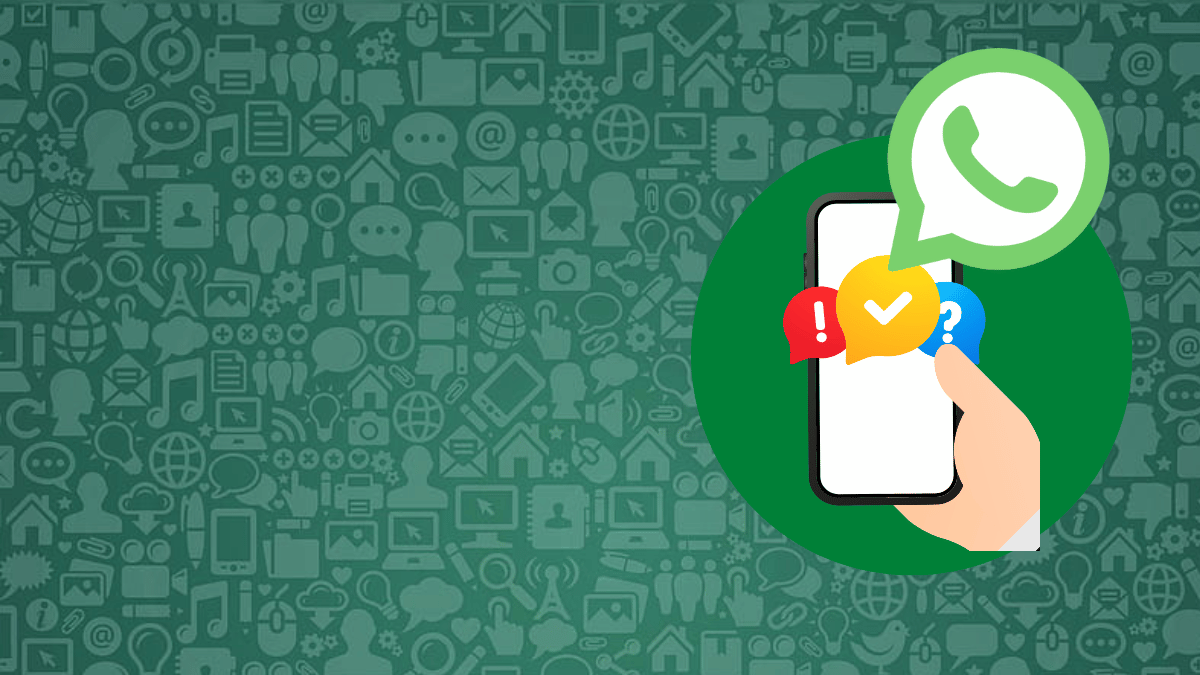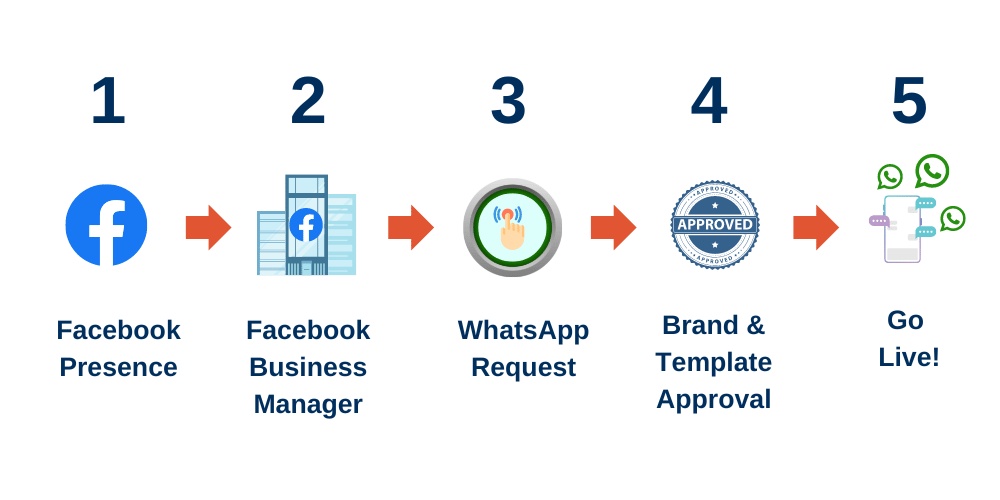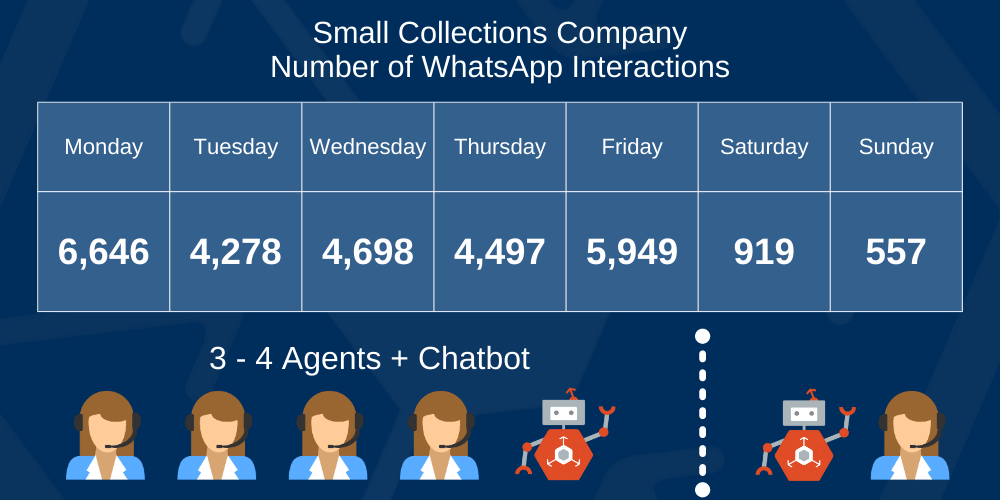
Debt collection agencies are sitting with a problem – customers don’t like talking on the phone. In fact, they steer clear of phone calls in general and choose to communicate via digital messaging apps instead.
A survey in the UK found that 76% of Millennials have phone anxiety and 61% avoid calls altogether. And this certainly holds true for younger generations too. (Neuroscience News). Having said that, there are people who prefer to talk to agents on a phone, especially around sensitive and more in-depth issues.
Since many people favour text messaging, it’s no surprise that your customers expect you to interact with them on digital messaging channels rather than by phone call. And besides, human agents making these calls are a drain on resources and difficult to retain, whereas AI chatbots on mobile devices are just the opposite.
Read on to find out why WhatsApp chatbots are becoming a strong contender for customer engagement, especially in the debt collection arena.
To give you an idea as to why companies are turning to WhatsApp to connect with their customers, here are some stats (from early 2023) showing the depth of WhatsApp's reach.
So, companies are beginning to see that WhatsApp is an ideal place to reach customers since they are already using it, feel comfortable on the platform and respond well to messages received.
WhatsApp Business API is designed for large organisations, while WhatsApp Business is for smaller businesses/SMEs . WhatsApp Business API offers advanced features and tools, including automated messages, chatbots, multi-agent support, data and analytics, and integration with other applications. These tools help businesses manage high volumes of customer inquiries and interactions.
See: WhatsApp Business vs WhatsApp Business API
A WhatsApp chatbot is an automated program that interacts with customers via text messages right from within WhatsApp. It uses conversational AI technology (Natural Language Processing and artificial intelligence) to understand user queries and respond with helpful and relevant information.
The big drawcard is that the conversations are human-like, personalised and informed with real-time data.
Users can initiate a conversation with a WhatsApp chatbot by sending a message to its designated phone number. The chatbot will then reply with a greeting message and guide the user through a series of questions or prompts to gather information and provide a response.
Kicking off WhatsApp for customer service is not hard if you follow the processes properly. However, not all companies get approved for WhatsApp Business/Business API and you need to check what is required.

Firstly, before you apply you need to have a Facebook account and a Facebook Business page as WhatsApp views these pages before approving you. Once you have cleared the brand and template approval stage, you get given a PIN code connection which is used to link with your conversational messaging provider (e.g. the Webio platform), and then you’re set to go live and start engaging.
See: How to Use Chatbots with WhatsApp
A WhatsApp chatbot can be programmed to perform a range of tasks, such as answering frequently asked questions, providing customer support, scheduling appointments, making reservations, delivering news updates, and much more.
WhatsApp is good for outbound messaging but works even better for inbound messaging. You can put a link on your website or in a QR code to open a conversation, which makes it easy for customers to contact you.
Of all the useful activities that WhatsApp chatbots can do, customer service, customer engagement and technical support is where it really comes into its own. The stand-out features of AI chatbots are automation, natural customer conversations and how they guide customers through transactions.
WhatsApp is also rich with useful capabilities, for example, you can send and receive images which means you can ID yourself by taking a photo of your utility bill and driver’s license. It is immediate and convenient.
A snapshot of the advantages of using WhatsApp chatbots for customer service:
Debt Collection with WhatsApp
In addition to the above benefits, WhatsApp helps with debt collection efforts by sending out payment reminders, helping customers make payment plans and even facilitating payments from within the conversation.
Chatbots in WhatsApp are adept at personalising messages as well as giving customers peace of mind that the communication is confidential, secure and compliant.
Essentially, you have two types of WhatsApp customer conversations: inbound and outbound.
Inbound
You receive a number associated with your WhatsApp Business account and you publicise your number, e.g. a widget on your website, QR codes in emails and SMSs, etc.
This is promoting mobile-first engagement with your customers. Once they have started a conversation, the chatbot handles the interaction and can deal with most of the queries without an agent stepping in, however, an agent is available should they be needed.
Outbound
With inbound conversations, consent is assumed, but with outbound, consent needs to be given from the customer before you send them messages. Furthermore, WhatsApp needs to pre-approve templated messages with set scripts that you can use. They do not allow blatant sales or marketing messages to be sent on their platform, like ‘10% off!’.
The 24 hour conversational rule kicks in if there has been no response from the initial message after 24 hours. At this point the conversation has to start again. This stops companies from spamming people and also prevents customers from simply ignoring your messages.
Example of the success of a small/medium sized collections company using WhatsApp
This image shows the power of inbound WhatsApp chatbot conversations with customers.

Some points to highlight:
Only 3 to 4 agents are handling these conversations while the chatbot carries most of the load. This is an example of exceptionally good use of resources.
If you were handling the same number of conversations without automation, you would need 10-15 agents as they would be interacting one-on-one, whereas AI chatbots are asynchronous which allows agents to cover multiple threads simultaneously and also lets customers answer in their own time.
Read this Success Story: Hoist Finance Launches WhatsApp Conversational Customer Engagement
To sum up, WhatsApp can increase your inbound conversations by five times which greatly reduces your reliance on agents on the phone. Additionally, you can automate 30%-60% of all conversations and gain efficiency without losing a good customer experience. And to top it off, you can conduct live customer interactions with real-time, personalised and accurate data on hand to inform the conversation.
If you need to improve your customer engagement, talk to us and we'll show you how AI automation via digital messaging apps works.
You will love the Webio experience.
We promise.
